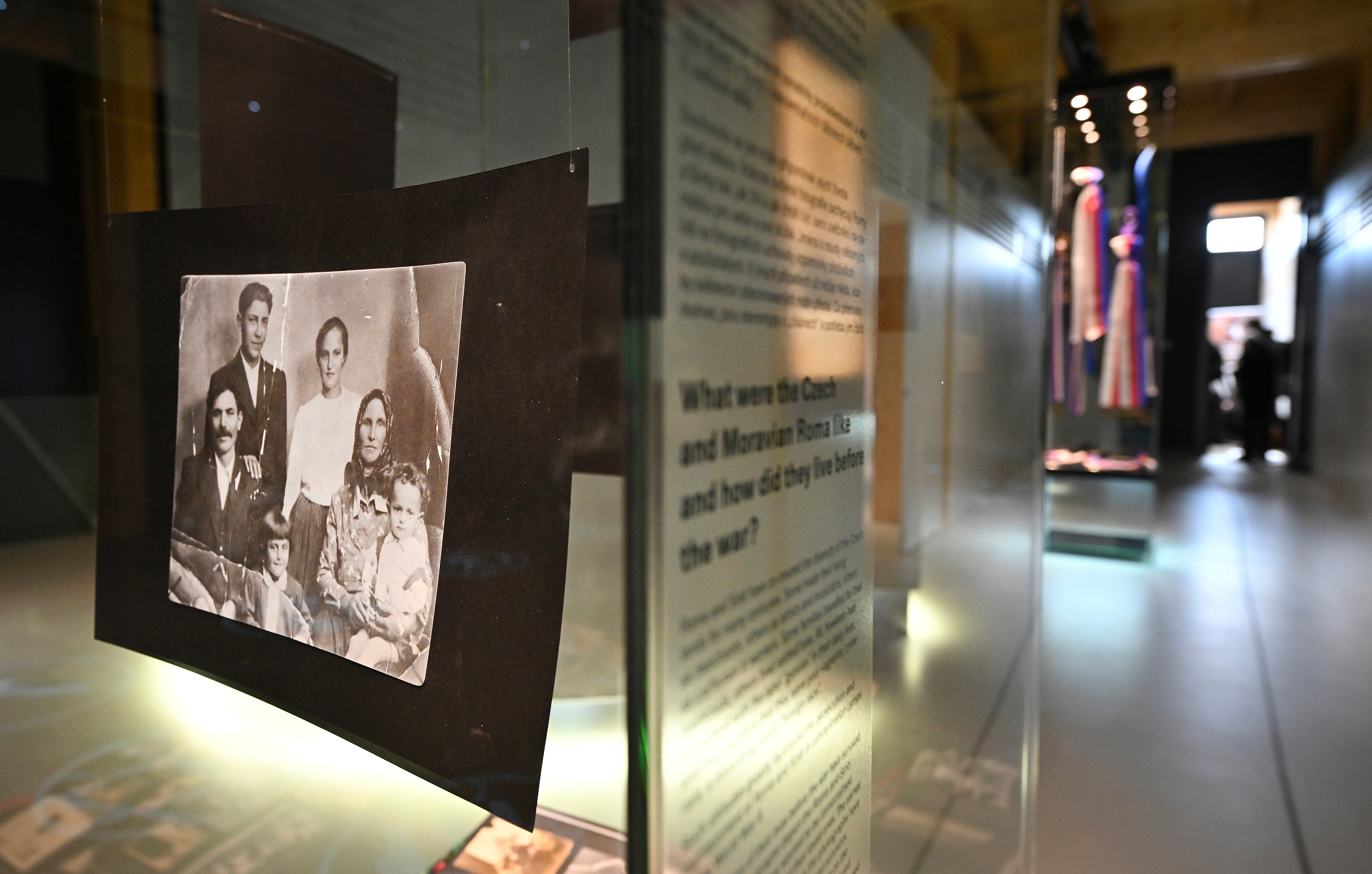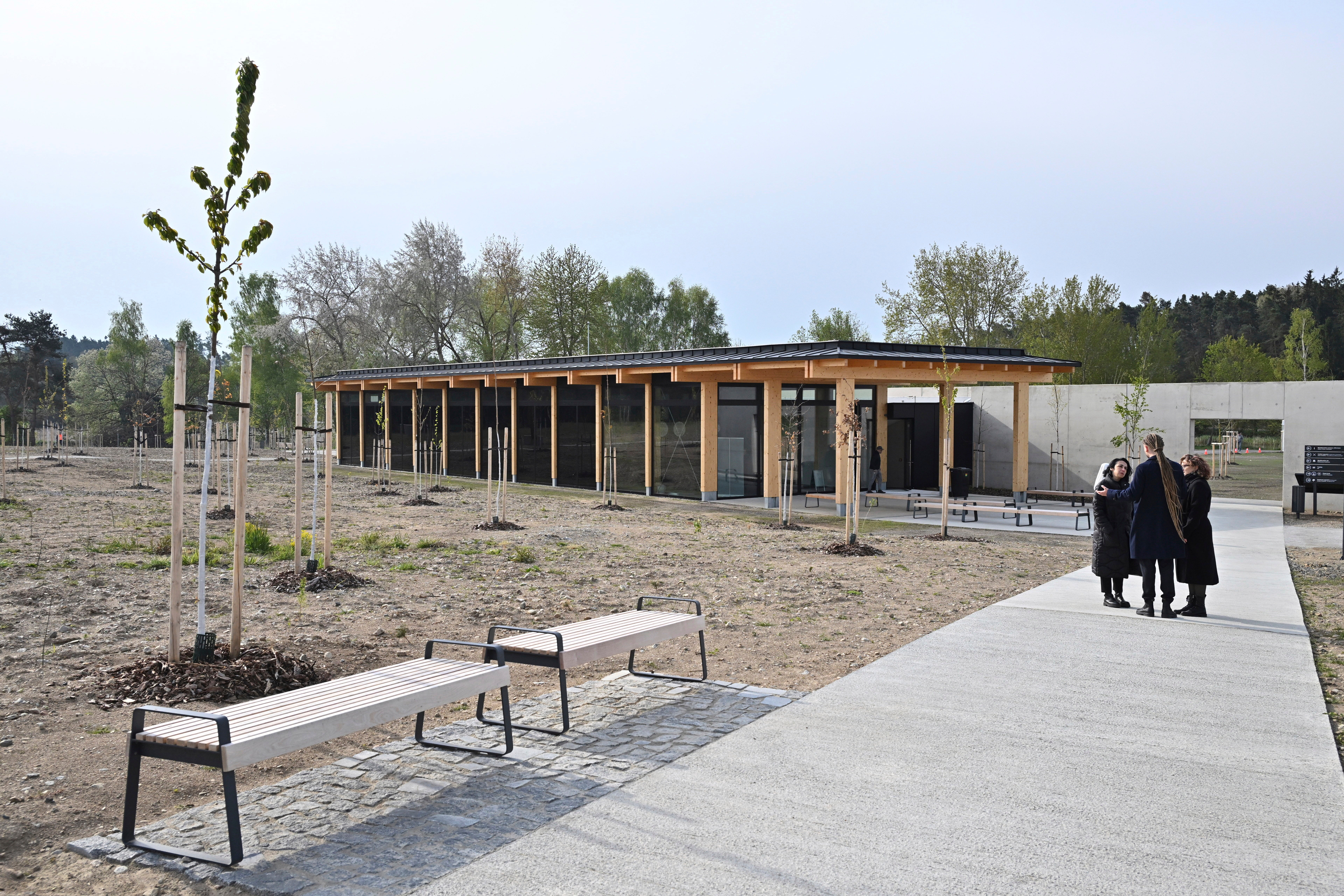Memorial opens on site of Nazi concentration camp for Roma after communist-era pig farm removed
Site was made possible after Czech government agreed to remove a communist-era pig farm from the site

A new memorial opened on Tuesday in the Czech Republic on the site of a former Nazi concentration camp for Roma, after a communist-era pig farm was removed.
The official opening capped a process that took decades and was made possible after the Czech government agreed to remove the farm.
“It’s very positive news for me that the whole project was completed,” said Jana Horvathova, the director of the Museum of Romani Culture, whose organization is in charge of the memorial.
Roma and human rights activists had long demanded the removal of the farm from Lety, 60 miles (95 kilometers) south of Prague, where some 1,300 Czech Roma were sent between August 1942 and August 1943 during the Nazi occupation of what was then Czechoslovakia in World War II.
At least 335 people died there, according to the latest research, the museum said, while most of the others were taken to the Nazis’ Auschwitz death camp.

“Most of all, we're here not to forget because to remember the horrors of the past is the best protection against living though them again,” Prime Minister Petr Fiala said at an opening ceremony that he attended together with President Petr Pavel.
The government acquired the farm, which had some 13,000 pigs and was established in the 1970s, in 2018 from a private owner for some 450 million Czech crowns ($19 million). Previous governments failed to do it, citing a lack of funding.
After an archaeological investigation, the pig farm was demolished in 2022 before work began on the memorial. The site houses the records of memories of survivors, as well as details from the effort to remove the pig farm, which began after then-President Vaclav Havel unveiled a monument nearby in 1995.
Only about 600 of some 6,500 Roma living on occupied Czechoslovak territory in 1942 are estimated to have survived the war. The current 250,000-strong Roma minority faces widespread prejudice.
Bookmark popover
Removed from bookmarks